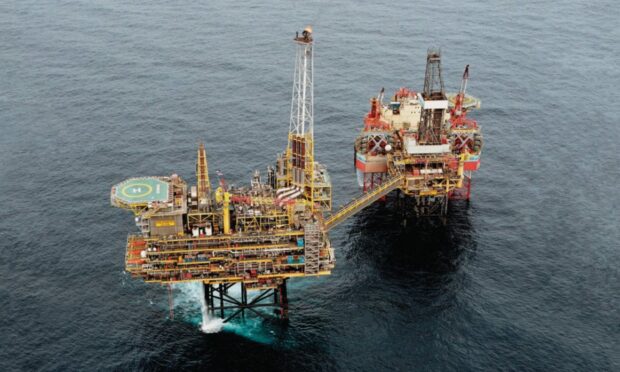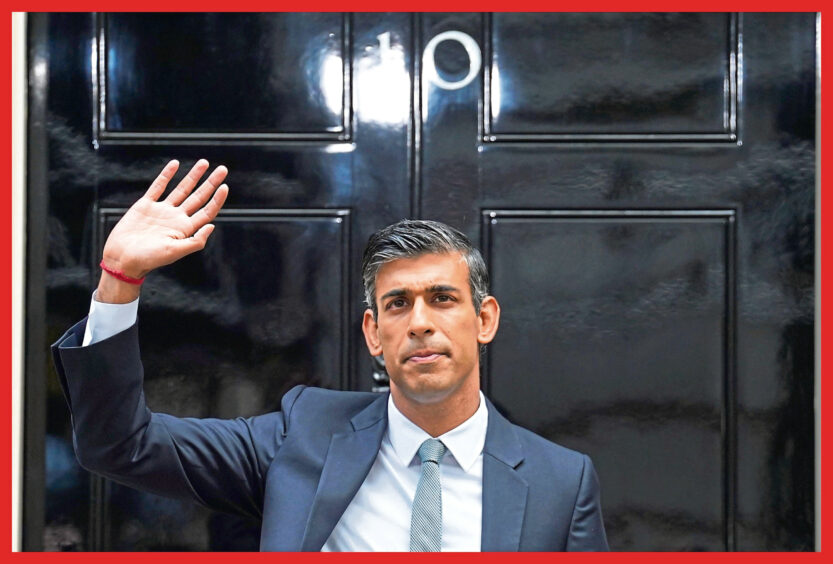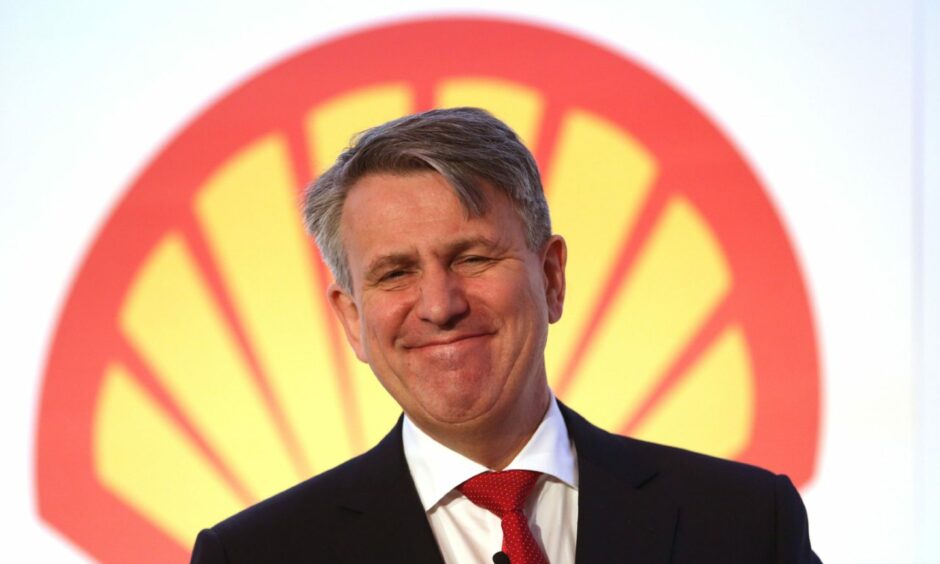Shell paid nothing in UK Government windfall tax in the third quarter as a result of its investment in the North Sea, the oil giant has confirmed.
Outgoing CEO Ben van Beurden voiced his support of the levy on Thursday during a results presentation; his last at the helm of Shell.
The outgoing chief executive may be looking at windfall tax and similar measures favourably as his firm paid nothing in tax related to the levy, but the company said it does expect to make payments in the first quarter of 2023.
Shell allotted charges of $361m (£311.5m) during the quarter, though later clarified it was not liable for additional North Sea windfall tax payments owing to its heavy investment in the basin.
There are growing calls for Prime Minister Rishi Sunak, who imposed the windfall tax in May when he was Chancellor of the Exchequer, to hit the sector with additional levies as he tries to fill a £35 billion hole in the country’s finances.
He announced the 25% surcharge on extraordinary profits to help pay for a package of support for households struggling with the cost-of-living crisis.
His plans are due to lapse at the end of 2025 or sooner if oil and gas prices return to “historically more normal levels”, as Vladimir Putin’s invasion pushes up prices.
No windfall for Shell – yet
“Heavy capex has meant we haven’t had extra tax coming through,” the supermajor’s chief financial officer Sinead Gorman clarified to journalists attending Shell’s Q3 2022 results media Q&A.
Gorman further explained: “In the UK side of things, we’ve been heavily investing over the last couple of months, in effect getting making sure we get Pierce up and running.
“So from that point of view, heavy capex has meant we haven’t had heavy tax coming through in this quarter year but I expect that extra tax to happen quite early in Q1 2023 but we’ll see what plays out with prices as well.”
Support for windfall tax
Ben van Beurden, who is set to be replaced by Wael Sawan as of the start of next year, spoke of the energy profits levy as an inevitability during “these very difficult times”.
The outgoing Shell boss said: “It’s a societal reality that of course governments intervene and alleviate pressure on those who need that alleviation most.
“I think it is also a societal point that we have to accept that that governments will raise taxes for that and therefore I think we should be prepared and accept that.”
He explained that the energy sector should be working with governments to create policies that have the best outcomes for everyone.
Commenting: “We should not be surprised we should be, we should be helping governments to design the right policies.
“Of course, there are many different ways in how you can design Windfall, taxes, special levies, solidarity contributions, etc. and I think we should be at the table to make sure that these designs are correct and appropriate for us.”
As fuel prices continue to rise and big energy companies take home record profits, measures such as the UK’s energy profits levy are being discussed across Europe.
Campaign group Greenpeace called for a “proper tax” on the energy giant’s profits as they continue to bank billions.
The Conservatives' refusal to properly tax the eye-watering profits of oil and gas companies is an insult to all those struggling with their bills.
Even Shell’s CEO has admitted they should be taxed more. People should not have to pick up the bill for this Tory economic chaos.
— Ed Davey (@EdwardJDavey) October 27, 2022
Liberal Democrat leader Sir Ed Davey said: “The Conservative Government’s refusal to properly tax these eye-watering profits is an insult to families struggling to pay their energy bills.
“Even the chief executive of Shell has admitted that oil and gas companies should be taxed more to help protect vulnerable households.
“It’s time Rishi Sunak introduced a proper windfall tax and used the extra money to support people facing heart-breaking choices this winter.”
Shell has revealed another significant set of profits in its most recent quarter as it pledged to up the cash it hands to shareholders.
Third quarter profit dip – to £8.2 billion
The firm reported a third-quarter profit of $9.45 billion (£8.2bn) – which was slightly lower that the $11.4bn (£9.8bn) reported on the previous three month period, but was higher than the company had expected.
Its adjusted earnings were slightly above the $9 billion average analyst forecast provided by the company.
The oil giant plans to increase the payments it makes to its shareholders in a move that an analyst has said will “raise eyebrows”. In the quarter, total shareholder distributions amounted to $6.8 billion and Shell said it intends to increase dividends 15% in the fourth quarter.
At Shell, we are working with our customers to provide the energy the world needs today and in the future, while generating value for our shareholders.
Hear more from Shell CFO Sinead Gorman. #ShellResults https://t.co/aXXDqGKzTg pic.twitter.com/rWiYZFadjh
— Shell (@Shell) October 27, 2022



Conversation